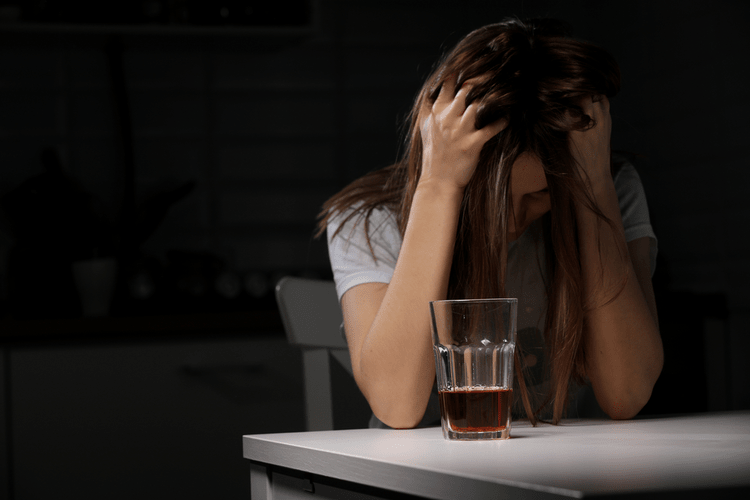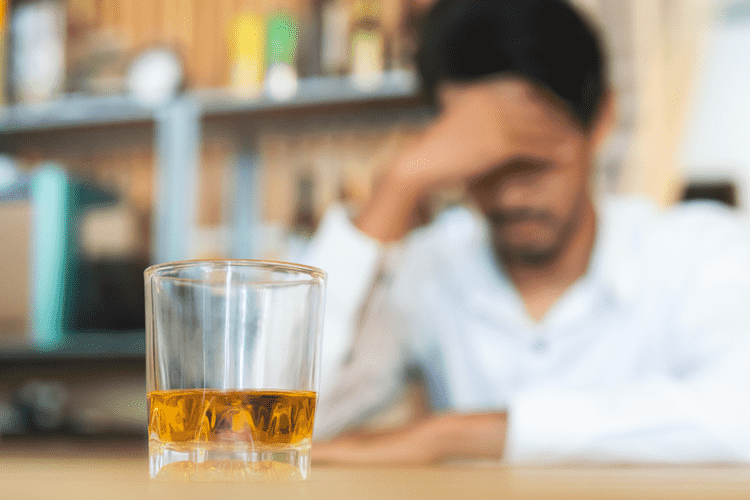As individuals continue to use alcohol to cope with anxiety, they may develop tolerance. This means they need to consume more alcohol to achieve the same calming effect. Increased tolerance can lead to a cycle of escalating alcohol consumption.
Sleep disruption
- Yes, alcohol can increase the likelihood of panic attacks, especially in individuals who are predisposed to anxiety disorders.
- They tell your brain to produce more of these feel-good chemicals like serotonin and dopamine.
- When you drink, your brain sees an influx of gamma-aminobutyric acid (GABA), making you feel calm and relaxed.
- Over time, regular drinking can lead to mood swings, depression, and anxiety.
While alcohol may help some people fall asleep faster, it disrupts the natural sleep cycle, leading to poor quality sleep and increased fatigue. This sleep disruption can exacerbate anxiety symptoms, as lack of quality sleep is a known contributor to anxiety and other mental health issues. Anxiety is a common consequence of substance abuse, whether it be alcohol or drugs. Using alcohol to cope with anxiety can begin a cycle that brings on even more anxiety. If anxiety relief is what you’re seeking, it will start taking more alcohol to ease those symptoms.
How can you prevent panic attacks after drinking?
- It can also begin a cycle of drinking to feel better, making hangxiety even harder to escape.
- This can lead to heightened side effects, worsening depression, and it might even dangerously slow your breathing.
- In CBT, the patient will learn to reason through that catastrophic thought to conclude that the catastrophe is unlikely to occur, or that the worst-case scenario is not as catastrophic as they believe.
However, the reality of this interaction is far more nuanced and potentially harmful than many realize. You deserve to live a life free from the negative effects of relying on substances to manage your emotions. For more information about our treatment programs for alcohol and anxiety, contact us today.
Online therapy options
Several separate lines of evidence https://sud-solutech.fr/index.php/2022/08/05/how-long-does-heroin-stay-in-your-system-blood-and-6/ cast doubt on the possibility that high proportions of alcoholics have severe, long-term depressive or anxiety disorders. These research approaches lead to three conclusions, discussed below. When people use alcohol for anxiety and stress management, the initial experience of relaxation stops occurring because the body becomes tolerant of the level of alcohol consumed.
If you are frequently experiencing panic attacks after drinking alcohol, it is important to take a look at your drinking. Checking if you are regularly consuming over the recommended weekly limit of 14 units is a good start. However, you may want to cut back completely if alcohol is does alcohol cause anxiety impacting your mental well-being through regular panic attacks. If you’re someone who is prone to panic attacks when there is no obvious external trigger, dealing with the stress of mistakes can make having one more likely. This is especially true when coupled with the physiological symptoms of drinking.
When alcohol is removed, the brain struggles to restore equilibrium, often resulting in anxiety and agitation. First, let’s define terms and explain what we mean by “anxiety,” and how it’s different from everyday stress. For someone who struggles with alcohol use, alcohol is a destructive and temporary attempt to relieve anxiety and forget about any underlying present stressors. Unfortunately, alcohol doesn’t have the power to erase any underlying stressors or triggers.
Children of alcoholics (COA’s) do not have an increased risk for major depressive or anxiety disorders
Even one drink can interrupt the natural cycles of sleep, causing a nervous or irritable feeling the next morning. Alcohol is a mild anesthesia and will put you in the mood for sleep — at least initially. Later in the sleep stages, alcohol disrupts REM sleep and paralytic sleep, which is when your body rejuvenates itself. Whether or not you drink, your panic attacks need to be addressed separately. Cutting out alcohol will help you cope better, and should reduce the likelihood of experiencing a panic attack, but it won’t stop them altogether.
Have a sober hang with friends, go on a hike what is Oxford House or walk, read a book, or host a movie or Netflix night. Symptoms of alcohol-induced anxiety can include increased heart rate, sweating, trembling, and feelings of impending doom. These symptoms often mimic those of anxiety disorders, creating a vicious cycle where individuals may turn to alcohol again to alleviate these symptoms, only to worsen their condition in the long run. While it may offer short-term relief, it can lead to long-term problems. Regular drinking can interfere with sleep patterns, disrupt brain chemistry, and worsen anxiety symptoms over time.






